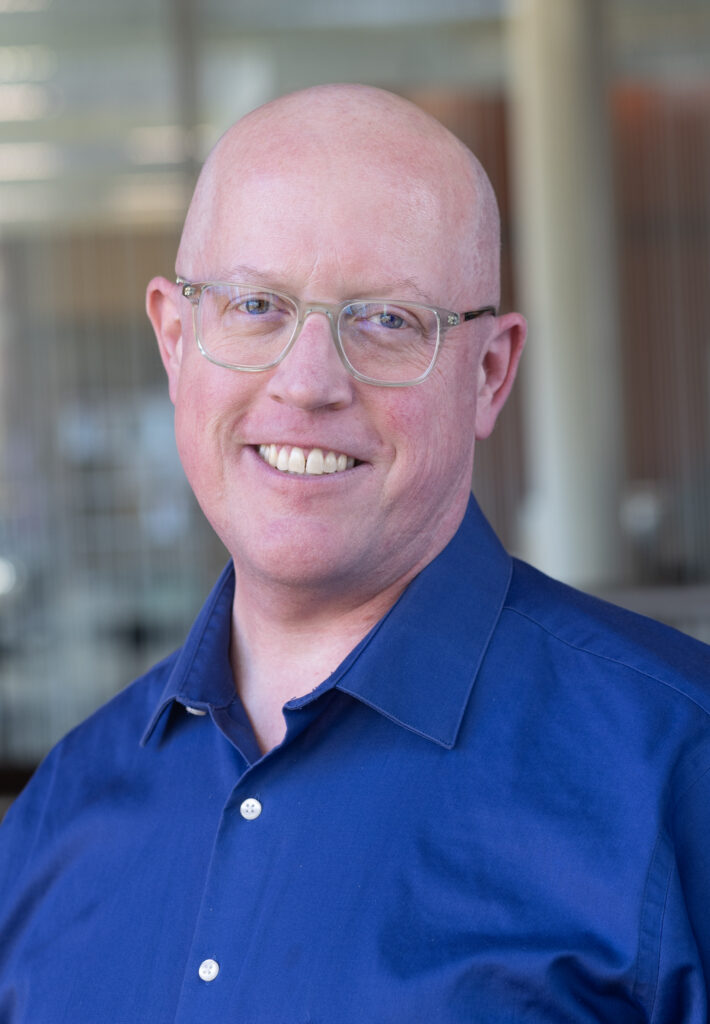Serving with Compassion and Belonging: My Journey from CST to Chaplaincy

My name is John Malcomson, and I completed the Master of Divinity (MDiv) with a concentration in Interfaith Chaplaincy at CST. These days, I’m working as a per diem chaplain—a Spiritual Health Clinician—at Fred Hutchinson Cancer Center in Seattle, WA. It’s deeply fulfilling work, and I’m also currently completing the ordination process with the American Baptist Churches-USA to fully support my role as a healthcare Interfaith Chaplain. Interestingly, this complements my 2017 ordination as a Zen Buddhist minister in the Plum Village tradition (Thich Nhat Hanh’s Order of Interbeing). My wife, Heidi, and I live here in Seattle, where I’m an active member of Seattle First Baptist Church and the Mindfulness Community of Puget Sound.
My time at CST was invaluable in preparing me for this path. The rigorous coursework, the lively exchange with classmates and faculty, and the process of articulating my own theological framework—informed by multiple faith traditions—taught me how to serve care-seekers of all faith backgrounds with genuine respect, empathy, and compassion.
CST was crucial in helping me understand and integrate my Christian-Buddhist identity, and recognize how I can intentionally use aspects of both traditions to connect with the people I serve.
Furthermore, CST facilitated a critical self-awareness about my social location—identifying as a white, cisgender, heterosexual man, among other attributes. This recognition is vital: it reminds me that no matter how much I deepen my awareness, I cannot fully transcend my biases or privilege. However, I can learn to identify how my social location affects my interactions and, crucially, use my privilege to be anti-racist, work to undo patriarchy, and live in a way that acknowledges that the freedom and empowerment of others are inextricably bound up with my own.
I truly wish more people knew how diverse CST is—with students and faculty representing a vast variety of cultural backgrounds and faith or spiritual identities. Learning in this environment is incredibly enlightening and generative. Students get to engage in dialogue and learn alongside people with a great variety of views and perspectives, all within an environment of respect and curiosity.
I also wish people knew how open and encouraging the CST faculty are. They don’t just teach; they coach, mentor, and learn alongside students, making the educational experience deeply personal and supportive.
You can learn more about the work of the Fred Hutchinson Cancer by clicking here.

